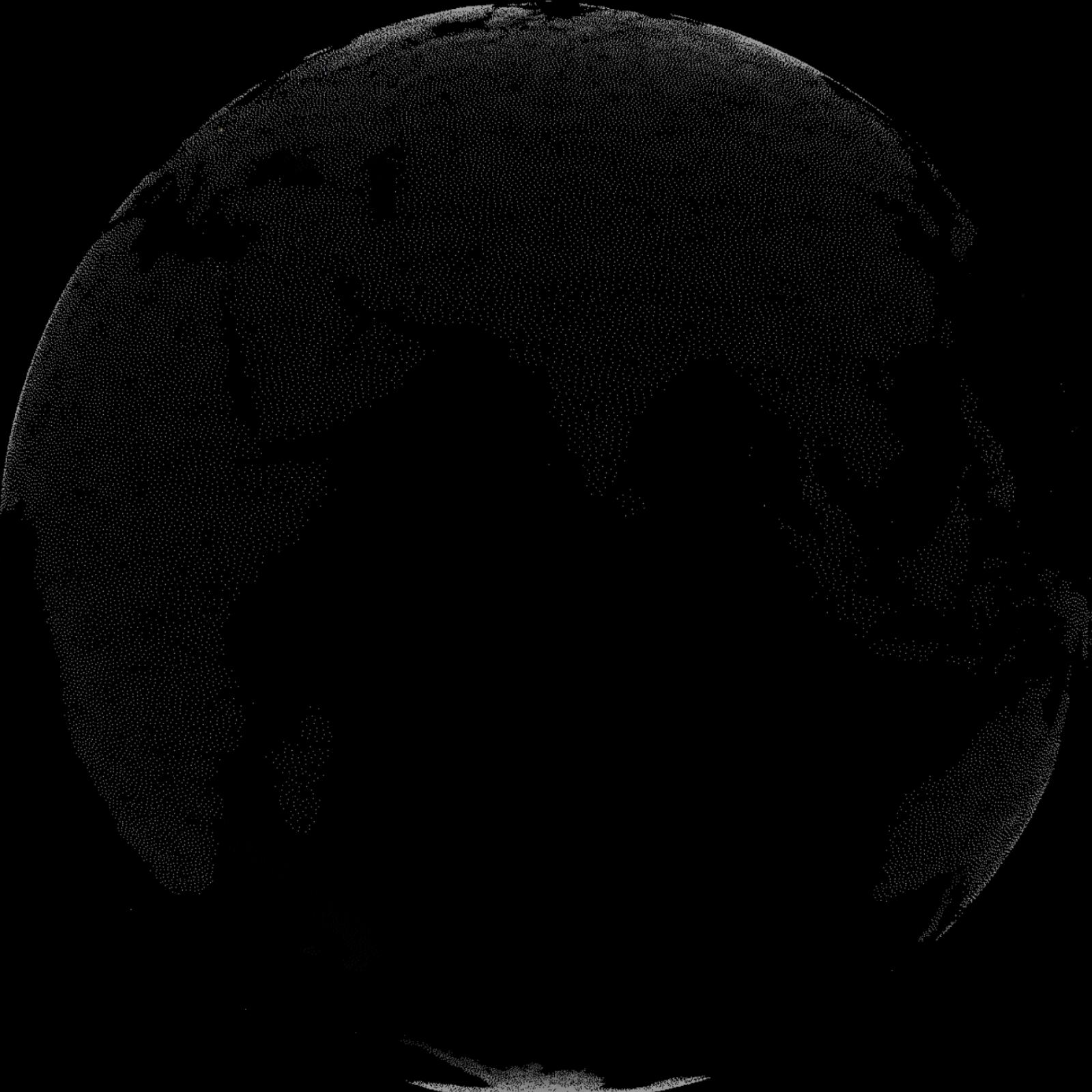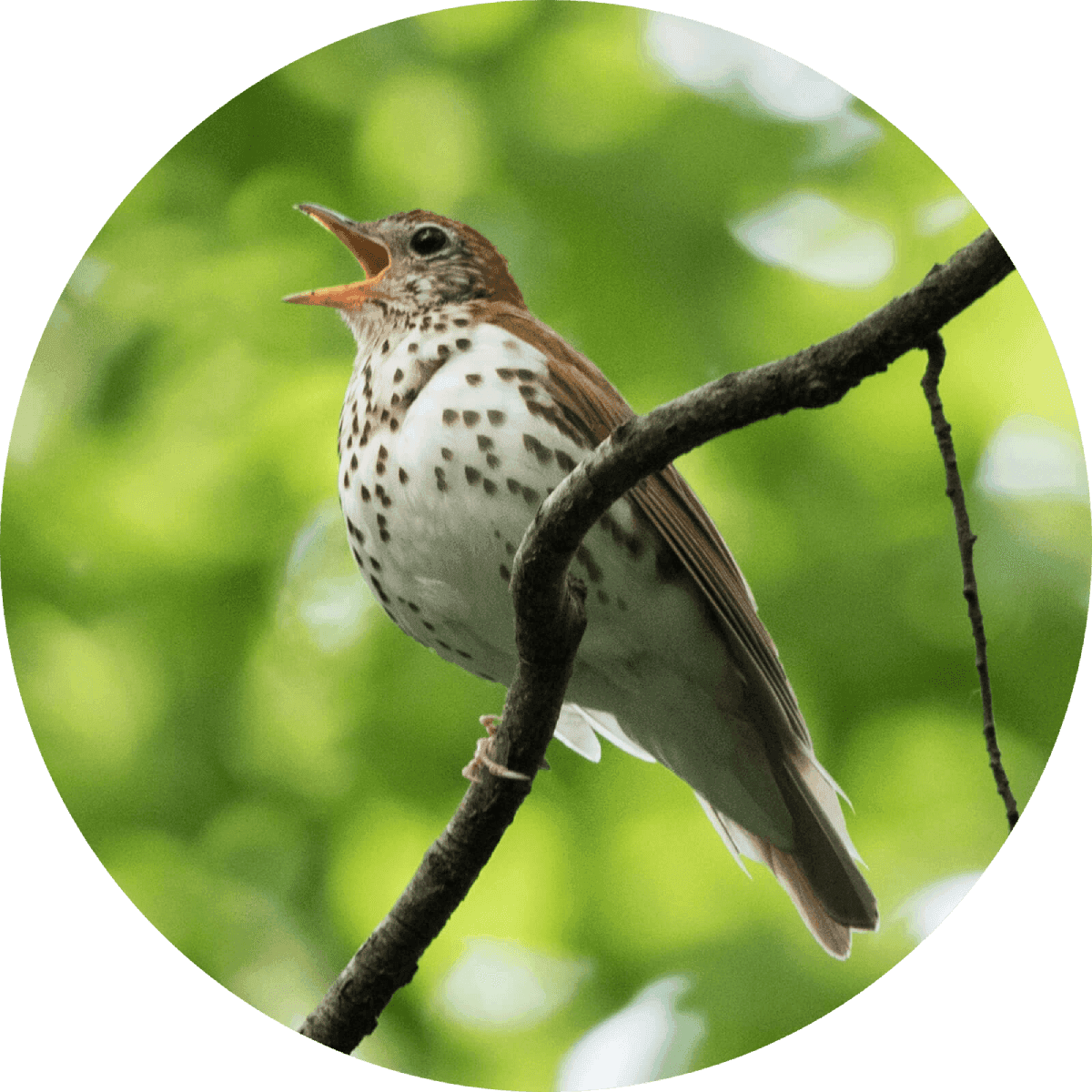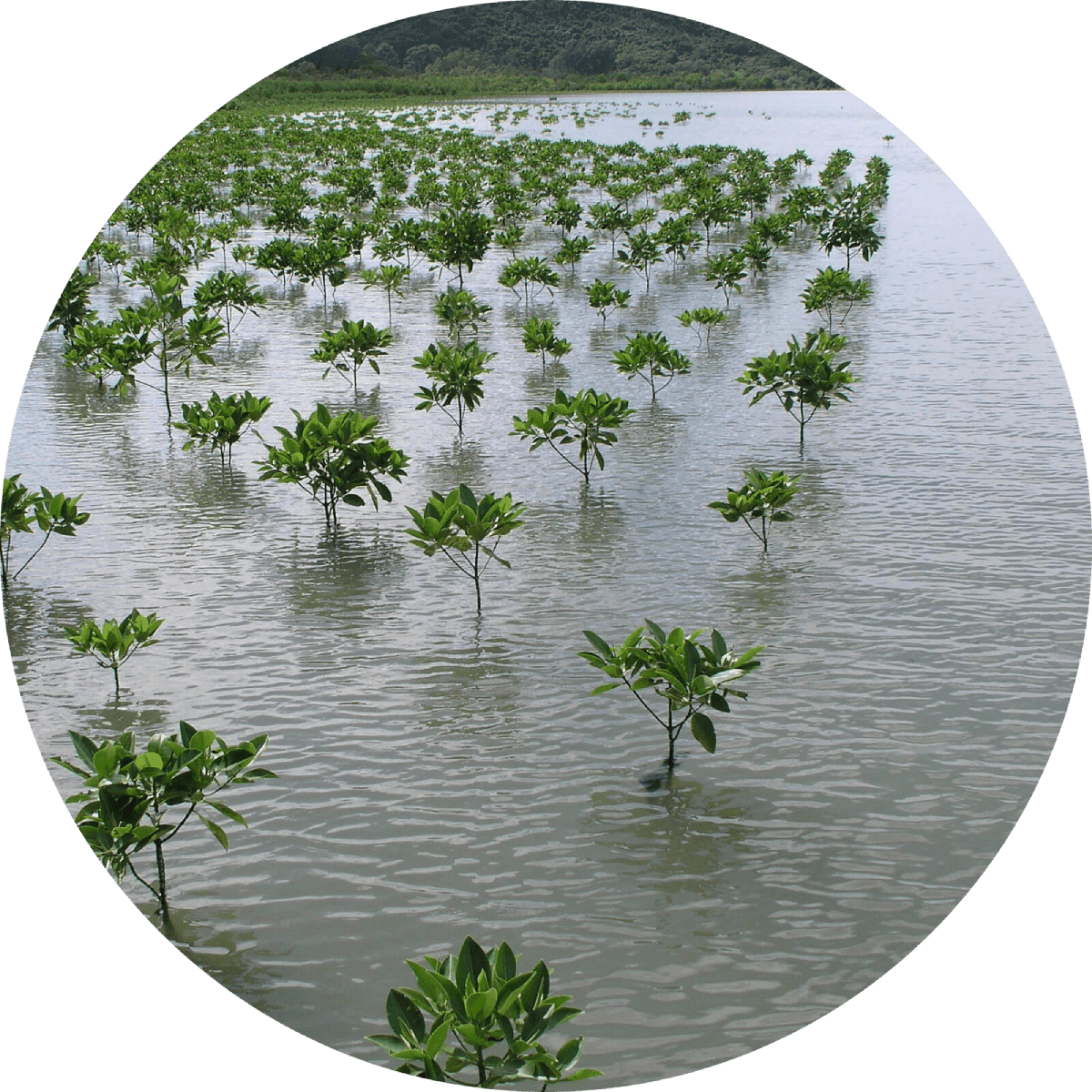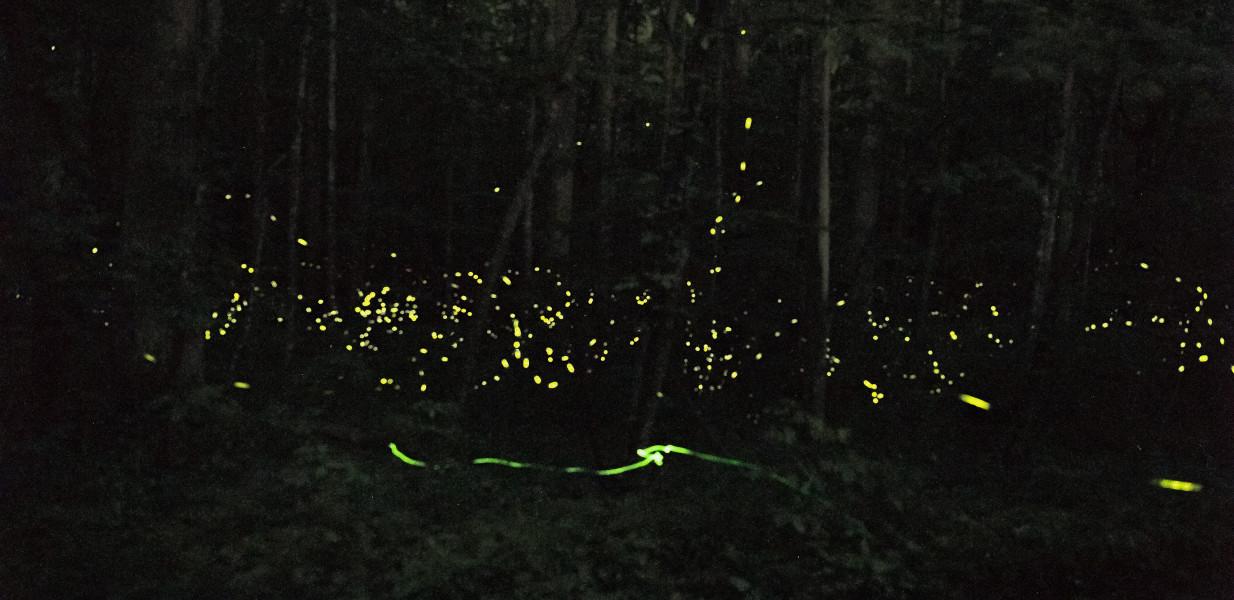Ocean Conservation
65 BCE - 2009 CE
"The ocean covers three-quarters of the Earth’s surface and feeds about half of the world’s population, as well as being home for millions of animal species . . . The ocean also functions as a life-support system for our “blue planet”, regulating the climate on a global scale and producing over half of the oxygen we breathe. Despite this, mankind has mistreated these life-giving oceans to the point where around 40% of marine ecosystems have been harmed . . . Scientists have just recently realised the terrible impact and ongoing hazard of human activities and behaviour. Our ocean is threatened by overfishing, climate change, pollution, habitat destruction, invasive species, and other types of human exploitation. Marine conservation as a concept, then, is actually relatively new. It wasn’t until the 1960s that it became widely accepted that major fish populations were declining and ecosystems were rapidly deteriorating. Today, marine conservation is regarded as one of the world’s most pressing scientific issues. Ecosystems have irreversibly changed, ocean management is fragmented, and seas are managed separately from their terrestrial (land) counterparts. Given that water covers 71% of our world, the status of our waterways has become one of our most serious concerns."
"Why is Ocean Conservation so important?," Ocean Literacy Portal, UNESCO Intergovernmental Oceanographic Commission.


Learn about Maya Lin’s fifth and final memorial: a multi-platform science based artwork that presents an ecological history of our world - past, present, and future.

Discover ecological histories and stories of former abundance, loss, and recovery on the map of memory.

Learn how we can reduce our emissions and protect and restore species and habitats – around the world.

See how art can help us rethink the problems we face, and give us hope that each one of us can make a difference.

Help make a global memorial something personal and close to home. Share your stories of the natural world.